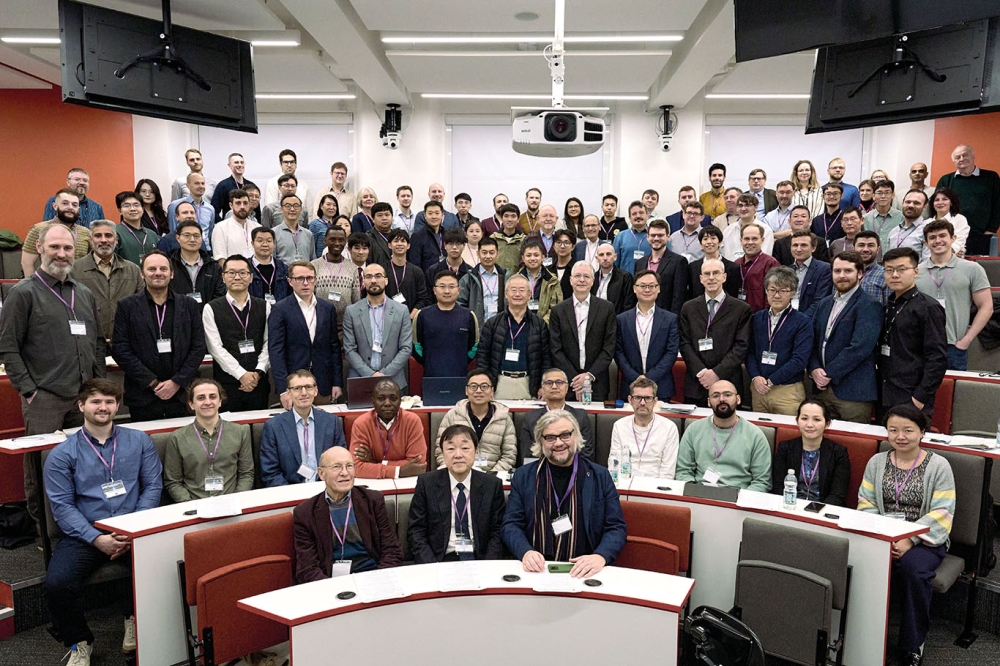Syntune and CyOptics agree tunable laser ramp
Swedish laser designer Syntune has signed up optoelectronic chip maker CyOptics, PA, in a bid to accelerate the commercialization of its full-band tunable emitters.
Tunable lasers are one of the hot-spots in the market for optical telecommunications components, and CyOptics CEO Ed Coringrato says that, at the moment, supply of these devices is constrained.
The co-operative agreement between the two parties will make use of CyOptics highly-regarded wafer and chip manufacturing facility in Lehigh Valley, which includes fully-automated packaging, to ensure a continuous, volume supply of tunable lasers.
CyOptics will also distribute the L-band and C-band Syntune products through its global sales channels.
According to the two companies, demand for these particular devices in 2006 was double that seen in 2005, a result of the generally rebounding market for optical communications, and the more complex nature of today s so-called wavelength-agile networks.
Other manufacturers of tunable laser chips include Bookham, which indicated in its 2006 management presentations that demand for these products has outstripped its manufacturing capability. Bookham was recently issued with US patent 7,145,923, which protects its own InP-based tunable laser technology.
Syntune will also be up against Santur, JDSU, Paxera and others, although CEO Patrik Evaldsson says that being a fabless company "“ unlike most of its rivals - will give it a competitive edge.
"The fabless model has been the most efficient way to bring our products to market," he said. "By partnering with CyOptics, we are able to differentiate our products performance, cost and delivery."
Using the automated manufacturing facilities at CyOptics disposal will ensure high reliability as well as the lowest cost, Syntune added.
Market analysts at Ovum-RHK reckon that 60,000 tunable laser were set to ship in 2006, and that compound growth in the market for these devices will remain very high at 64 percent.
Major network builds by the likes of BT and Verizon are all creating demand for the tunable components.































